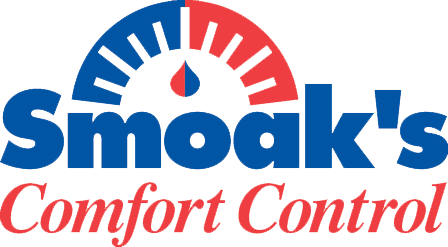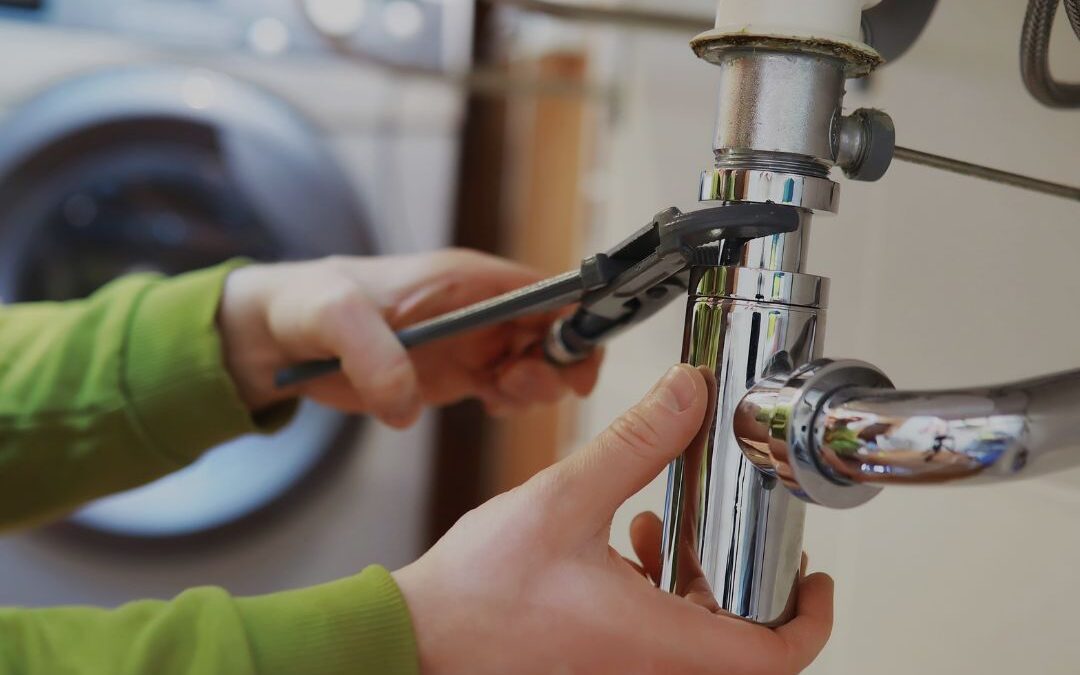Becoming a homeowner is a significant achievement, but it’s only the beginning of a journey filled with responsibilities. Understanding and maintaining your property’s plumbing system is crucial among the countless tasks of owning a home. Most homeowners disregard their plumbing until a problem arises.
Some issues include a leaky faucet, a toilet that won’t stop running, or the unexpected inconvenience of flooding that can quickly turn a dream home into a nightmare. Moreover, using the wrong type of toilet paper or ignoring broken bolts can lead to significant problems that result in costly property damage.
Fortunately, several issues can be prevented with some knowledge and proactive care. As a trusted plumber in North Charleston, SC, Smoak’s Comfort Control is here to guide you through the essentials of residential plumbing. Here are ten plumbing tips every homeowner should know to avoid major problems and ensure a smoothly running system.
1. Locate the Main Water Shut-Off Valve
Before anything else, familiarize yourself with the location of the main water shut-off valve in your home. This valve controls the water supply to your entire home. In case of a significant leak or plumbing emergency, shutting off this main shut-off valve can prevent extensive and costly water damage. These are typically located near the water meter or where the main water line enters your home.
2. Assemble a Plumbing Emergency Kit
Every homeowner should have a basic plumbing emergency kit on hand. This kit should include:
- Crescent wrenches
- Plunger
- Pipe sealant
- Plumber’s tape
- Screwdrivers
- Drain snake or toilet auger
These readily available tools can help you address minor plumbing issues before they escalate into more extensive and expensive problems.
3. Understand Your Garbage Disposal
Your garbage disposal is a handy kitchen appliance designed to handle only some things. Avoid putting waste like eggshells, coffee grounds, and grease down the disposal. These can lead to clogged drains and damage the disposal blades. Remember to run cold water while the disposal is on and avoid using harsh chemicals for cleaning.
4. Prevent Clogged Drains
Clogged drains are a common plumbing issue. To prevent clogged drains, we recommend:
- Installing a mesh drain cover in sinks and showers.
- Avoid flushing non-biodegradable items down the toilet.
- Regularly clean drain stoppers to remove hair and debris.
5. Monitor Your Water Heater
Your water heater is crucial in providing hot water for your home. Regularly inspect it for any signs of leaks or corrosion. Set the temperature to around 120 degrees F to prevent scalding and reduce energy consumption. If you notice any issues, consider consulting a professional plumber.
Water Heater Maintenance
- Drain the tank: Drain your water heater tank at least once a year to remove sediment buildup.
- Check the pressure relief valve: This valve releases excess pressure from the tank. Ensure it functions correctly.
- Inspect the anode rod: This rod prevents rusting inside the tank. Replace it if it’s corroded.
6. Protect Your Pipes
Exposed pipes, especially those in unheated areas, are susceptible to freezing during cold months. Insulating these pipes using foam or fiberglass sleeves can prevent them from bursting. Additionally, let faucets drip slowly during extreme cold weather to reduce the pressure in the pipes.
Another common issue homeowners face is clogged drains due to inappropriate items being flushed down the toilet. While it might seem harmless, flushing toilet paper that’s not septic-safe or other non-biodegradable items can lead to significant blockages. Furthermore, avoid pouring cooking oil or greasy substances down the drain, as they can solidify and cause obstructions.
Regularly checking your pipes for signs of wear, rust, or damage can help you address potential issues before they escalate.
7. Be Prepared for Leaks
Water leaks can lead to costly repairs and significant water wastage. Regularly inspect areas under sinks, behind toilets, and around appliances for signs of moisture or water stains. The main water shut-off valve is your best friend in case of a significant leak. Knowing its location and how to operate it can save you from extensive water damage. Turn off the main water shut-off valve and then close all the supply valves in your home. This will stop the water flow and allow you to identify the source of the leak. Be cautious about using chemical drain cleaners as they can be harsh on your pipes and might exacerbate the problem. Instead, opt for natural solutions or consult a plumbing professional. Also, watch your water heaters and toilet bowl for any signs of leaks or malfunctions.
8. Know When to Call a Professional
While DIY solutions can address minor plumbing issues, some problems require the expertise of a professional plumber. If you need clarification on the situation or if the plumbing problem continues, it’s best to seek professional help.
9. Educate Yourself
Stay informed about essential plumbing maintenance and repair techniques. This knowledge can help you address minor issues and prevent significant plumbing leaks and problems in the future.
10. Establish a Relationship with a Reliable Plumber
A trusted plumber’s contact information can be invaluable during emergencies. Establish a relationship with a plumber and plumbing company, such as Smoak’s Comfort Control, to ensure timely and efficient services when needed.
Plumbing might seem intimidating, especially for new homeowners. However, with a proactive approach and a bit of knowledge, most homeowners can prevent major problems that lead to significant property damage. By implementing these ten plumbing tips, you can ensure the longevity and efficiency of your plumbing system and save yourself from potential headaches in the future. And remember, while DIY solutions can be handy, there are times when professional intervention is necessary.
In such cases, it’s comforting to know that experts like Smoak’s Comfort Control are just a call away, ready to assist you with all your residential plumbing needs.

